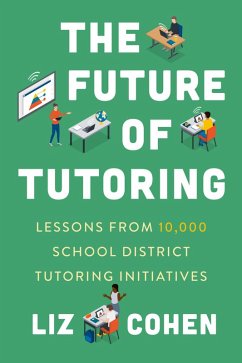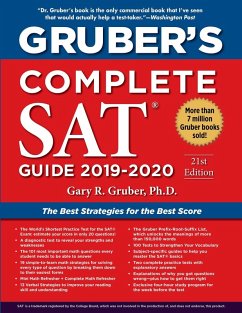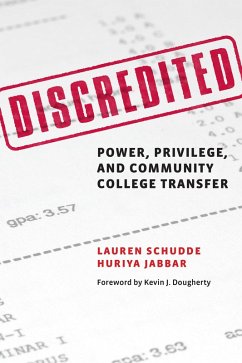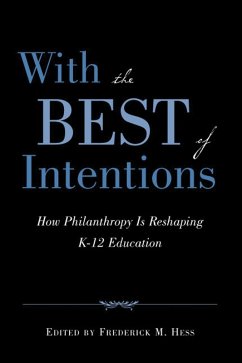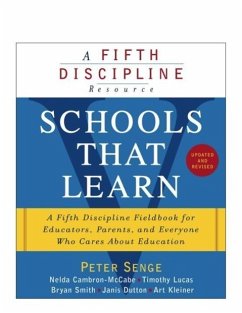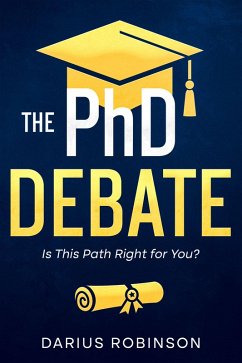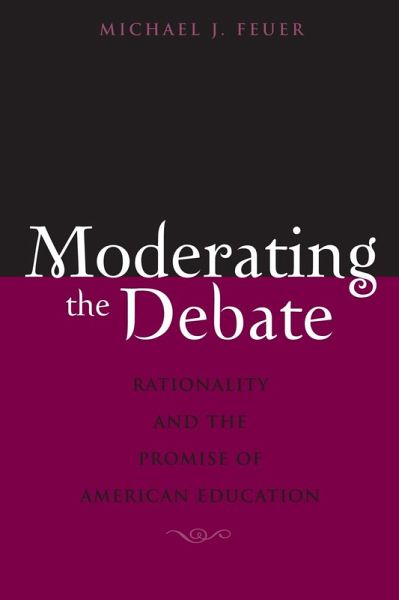
Moderating the Debate (eBook, ePUB)
Rationality and the Promise of American Education

PAYBACK Punkte
8 °P sammeln!
Moderating the Debate is a major statement on education research, policy, and reform that will be required reading for everyone with a stake in improving America's schools. This eloquent book examines the complex-and often problematic-relations between education research, policy, and practice, and proposes ways to improve those relationships in the interest of meaningful education reform. Based on the Burton and Inglis Lectures, which Michael Feuer delivered at the Harvard Graduate School of Education in 2004 and 2005, the book begins with an examination of how recent developments in cognitive...
Moderating the Debate is a major statement on education research, policy, and reform that will be required reading for everyone with a stake in improving America's schools. This eloquent book examines the complex-and often problematic-relations between education research, policy, and practice, and proposes ways to improve those relationships in the interest of meaningful education reform. Based on the Burton and Inglis Lectures, which Michael Feuer delivered at the Harvard Graduate School of Education in 2004 and 2005, the book begins with an examination of how recent developments in cognitive science have fundamentally changed the way we understand human decisionmaking and rational judgment. It then proceeds to a consideration of how the lessons of cognitive science might inform a more rational-and reasonable-approach to education research, policy, and reform. Moving deftly and with great insight through the worlds of education research and policymaking, Feuer offers practical solutions to the impasses and disconnections that have chronically thwarted workable, sustained education reform.
Dieser Download kann aus rechtlichen Gründen nur mit Rechnungsadresse in A, D ausgeliefert werden.
Alle Preise in Euro und inkl. der gesetzl. MwSt. | Innerhalb Deutschlands liefern wir preisgebundene Bücher versandkostenfrei. Weitere Informationen: bitte hier klicken
Support
Bitte wähle dein Anliegen aus:
Rechnungen
Bestellstatus
Retourenschein
Storno





